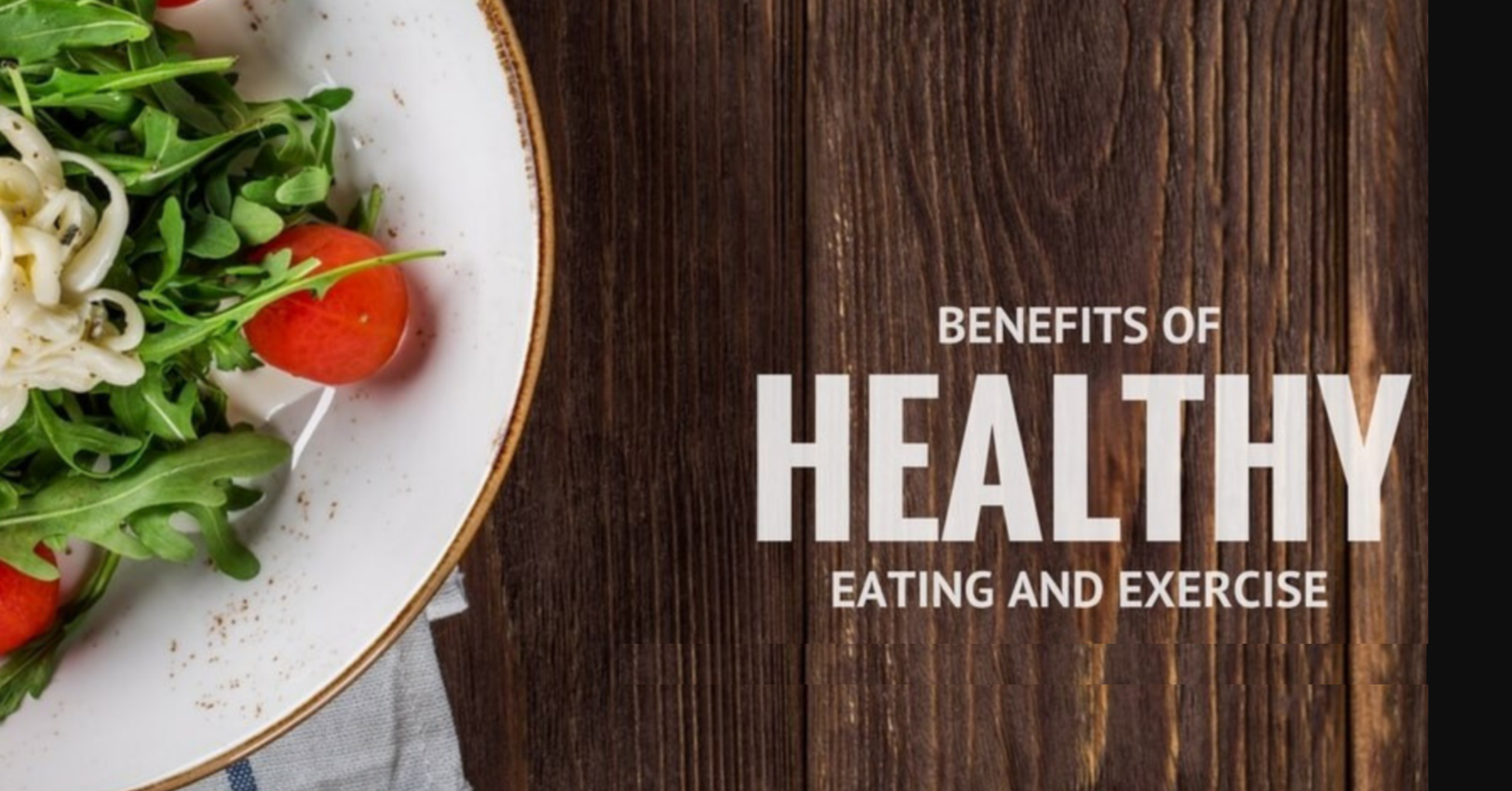
The Beginner’s Guide to Healthy Eating for Fitness
Healthy eating plays a pivotal role in achieving your fitness goals, whether you aim to lose weight, build muscle, or simply feel more energetic. This guide will help beginners understand the basics of nutrition and how to align their diet with their fitness objectives.
Why Healthy Eating Matters for Fitness
Fuel for Workouts: The right foods provide energy to power through exercises.
Recovery and Growth: Nutrients aid muscle repair and growth post-workout.
Overall Health: A balanced diet supports immunity, digestion, and mental well-being.
Key Principles of Healthy Eating for Fitness
1. Balance Your Macronutrients
Macronutrients – carbohydrates, proteins, and fats – are the building blocks of a healthy diet.
Carbohydrates: Primary energy source. Include whole grains, fruits, and vegetables.
Proteins: Essential for muscle repair and growth. Opt for lean meats, eggs, legumes, and dairy.
Fats: Support hormonal health and energy. Choose healthy fats like avocados, nuts, seeds, and olive oil.
2. Prioritize Micronutrients
Vitamins and minerals are crucial for overall health. Focus on consuming a variety of colorful fruits and vegetables to ensure you get a range of nutrients.
3. Stay Hydrated
Water is vital for optimal performance and recovery.
Drink at least 8-10 glasses daily.
Increase intake during workouts or hot weather.
Include water-rich foods like cucumbers and watermelon.
4. Eat at the Right Times
Timing your meals can optimize energy levels and recovery.
Pre-Workout: Consume a small meal with carbs and protein 1-2 hours before exercise.
Post-Workout: Eat within 30 minutes after your workout, focusing on protein and carbs.
Throughout the Day: Opt for smaller, frequent meals to maintain energy levels.
Sample Meal Plan for Beginners
Breakfast
Scrambled eggs with spinach and whole-grain toast
A small bowl of mixed berries
Green tea or black coffee
Mid-Morning Snack
Greek yogurt with a handful of almonds
Lunch
Grilled chicken or tofu with quinoa and steamed vegetables
A side of avocado slices
Afternoon Snack
An apple with natural peanut butter
Dinner
Baked salmon with sweet potato and roasted broccoli
A small salad with olive oil dressing
Evening Snack (Optional)
Cottage cheese with a sprinkle of cinnamon
Common Beginner Mistakes to Avoid
Skipping Meals: Leads to low energy and potential overeating later.
Overloading on Processed Foods: These lack essential nutrients and can hinder progress.
Underestimating Portion Sizes: Even healthy foods can lead to weight gain if overconsumed.
Fad Diets: Often unsustainable and may lead to nutrient deficiencies.
Tips for Staying Consistent
Meal Prep: Plan and prepare meals in advance to save time and avoid unhealthy choices.
Track Progress: Use apps or journals to monitor your food intake and fitness goals.
Be Flexible: Allow occasional indulgences to prevent feelings of restriction.
Educate Yourself: Learn about nutrition labels and healthy substitutes.





Leave a Reply